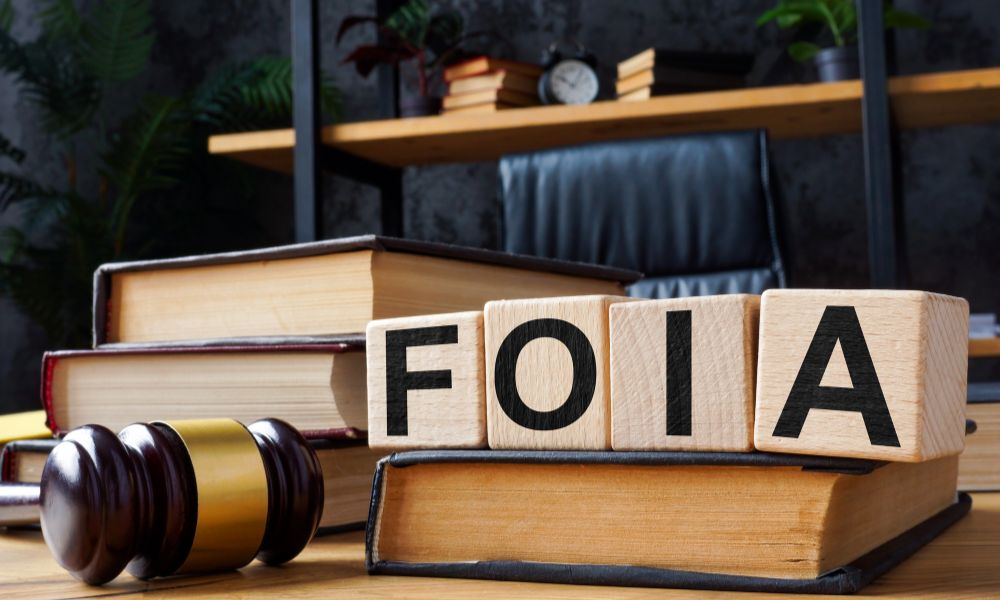
Navigating the tenuous line between the public’s right to know and an individual’s right to privacy is a task legal professionals face daily. At the heart of this delicate affair lies the Freedom of Information Act (FOIA). The act is a potent tool designed to uphold transparency in governance, yet often teetering on the edge of privacy infringements. Let’s explore the intricate interplay of FOIA and privacy concerns, get insights into their profound legal implications, and create a roadmap for balancing access and protection.
The Importance of FOIA
The FOIA is an indispensable instrument of democracy since it sheds light on governmental functions. Its role in providing unfettered access to information empowers the public, journalists, and researchers to hold bureaucrats and elected officials accountable. In cases of national significance, FOIA requests unlock pivotal insights and encourage informed debates.
Privacy Concerns
Although FOIA has great democratizing potential, it’s important to consider possible privacy concerns. In an age where personal data is the new global currency, FOIA’s indiscriminate revealing of information can lead to unprecedented privacy breaches. The crux of the issue lies in safeguarding the dissemination of state secrets while ensuring private citizens’ sensitive information remains out of the public domain.
Legal Implications
With privacy rights protected by law, the legal community is entrenched in a perpetual tug-of-war. On one side, FOIA statutes compel the government to disclose information. On the other, privacy laws and jurisprudence contain potential harm. Legal professionals must reference past rulings to determine how to balance future FOIA requests and responses.
Best Practices for Balancing Access and Protection
Legal professionals need to be well-versed in the intricacies surrounding FOIA and privacy concerns. Best practices, including thorough data vetting, redaction protocols, and a stringent focus on the public’s genuine interest, are vital for balancing access to information and personal protection. These practices can guide law practitioners and government agencies toward an equitable resolution to privacy concerns that uphold transparency and confidentiality.
Maintaining a Balanced Approach
The intertwining of FOIA and privacy requires a nuanced approach. In short, there must be a framework where the rights of the public and the individual are honored with equal diligence. This approach necessitates continuous refinement and adaptation by lawmakers to address the complex issues of the modern world. By steering this shared course, legal professionals aim to assert privacy rights and sustain the beacon of openness that FOIA represents.
If you’re looking for a FOIA lawyer to obtain information regarding your immigration history, the professionals at Gahagan Law Firm, LLC can help. We’re happy to help you request the necessary records through FOIA and pursue litigation if the agency refuses to produce the requested records within the mandated timeframe. Contact us today to learn more.
